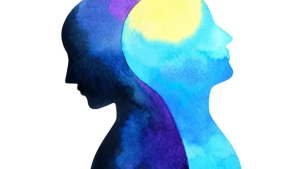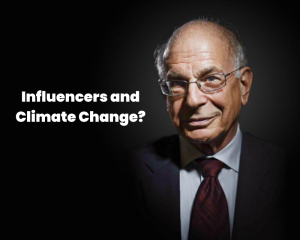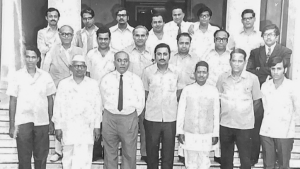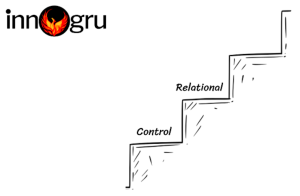Climate change is fast becoming a lived experience. As common folks, we are experiencing changes in the weather patterns that have not been experienced before. Wildfires, hurricanes / tornadoes, hottest summer or extended winter or a season.
What’s unusual in the current weather patterns in your part of the world?
The word ‘unusual’ keeps cropping up. This article is not about creating fear around climate change, nor is it about proclaiming doomsday, which we might well be hurtling towards, however, I am no expert on that.
I would like to provide a different perspective around the topic of Climate Change. What are we not talking about? What is in the shadows?
Many believe that we have already crossed the tipping point, when it comes to climate change. The cry for action has moved away from saving the planet to saving ourselves. This cry is echoing in many a conference room, board room and dinner / coffee tables. In the immediate need for action, what are we missing out on?
Since I started looking at the shadow side of climate change, articles related to the following have been showing up on my feed in response to a few key strokes provided on Google (which, by the way, has Data Centers that run on 50% fossil fuel aiming to run on carbon-free energy by 2030) on my Apple MacAir (who also aims to go carbon net zero on their supply chain and products by 2030).
- Can Climate Change policies lead to financial crisis, perhaps equivalent to the crash we saw in 2008?
- Can Data Centers that support our entire digital and virtual life switch to renewable sources of energy without disruption?
- Can the cosmetic industry stop use of squalene (liver oil from marine animals particularly sharks) and shift the 120 billion units of annual packaging to sustainable packaging?
- Can consumer experience not be compromised while food producers, transporters and retailers manage Green House Emissions?
- Can soil fertility still be retained while also feeding the bulging population of this earth?
- What happens to the developing countries whose economies are standing on fossil fuels? What happens to the population in those countries?
Every action has a reaction (including no action) – that is a law governing our interconnected systems. What is the price to pay? And more importantly, who pays that price?
Herewith enters the consumer aka us, the human beings.
What is in the shadow of the consumer that challenges climate action?
“Nothing leads me further away from myself than my wish for others to think well of me.”
I have been sitting with this quote for some time – I don’t know whose quote this is, but it says a lot. Allow me to explore this.
We all want to be worthy because if we are not worthy, what are we? We are worthless and what is scarier than that?
In our quest to be worthy or rather be seen as worthy, we do one of 3 things:
- We do what everybody else is doing (if others are doing it, particularly people who have power, it must be worth it, right? Or at most, we won’t be singled out and blamed) or
- We don’t do anything at all (after all, if we don’t do anything, we can’t do anything wrong, so our current worth remains intact. At best I am following the system that I didn’t create) or
- We wait while looking for the resources to do it perfectly (if we are perfect, we move up the value chain, isn’t it? )
Theoretically, if we can collectively rise to relate differently with the earth that we live on, we can make climate action a possibility, right? After all, it is the consumer that drives all small and big changes. And yet, it seems we have not risen to the degree that is needed. Are the above-mentioned shadows getting in the way?
The brutal truth is we are all part of systems that are not perfect and will never be perfect.
When we have this relentless pressure to be ‘good’, to be great, to be perfect (let’s take it up a notch – good is not good enough), to be worthwhile, do we start dissociating with our true selves and thus dissociating with this earth?
What if we work with our shadows, what if we work on relating differently with ourselves and with others? Would that help us relate differently to this earth?
What if we could just do the ‘good work’ and not ‘work to look good’? Working with shadows is deep work of cleaning up and it is also true that growth remains unsupported if we keep getting hijacked by our shadows.
Learning to be compassionate when you say “I can afford to look good now when I couldn’t do so before” or “I have always been this way and now it is too hard to change”.
In summary, where there is light, there will always be a shadow and where there is a shadow, there is always light.
“Out beyond ideas of wrong-doing or right-doing, I will meet you there” – Rumi
At climate change coaches (www.climatechangecoaches.com), we know how to work with the shadows of climate change behavior. Influencing people to make changes because of the climate crisis can be tough. Facts and data alone won’t do the job. Thinking about climate change involves complex issues and emotions we can’t ignore.





